Which vitamins help anxiety?
Wondering which vitamins help anxiety? Here's everything you need to know
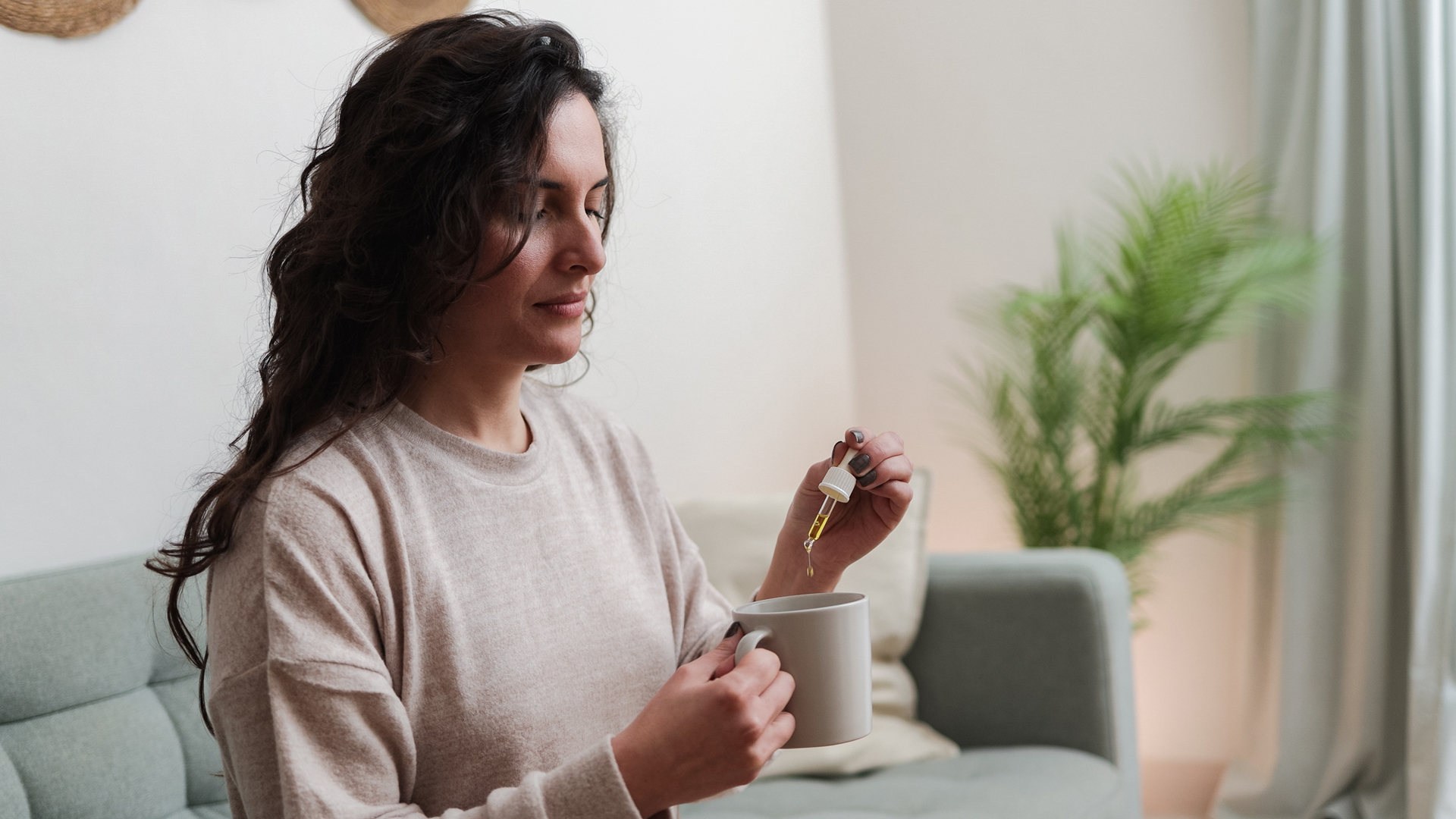

Taking supplements can not only improve your physical health, it can have a positive impact on your mental health too – but which vitamins help anxiety? Today, we're exploring the links between vitamins and anxiety to find out whether vitamins can really make a difference on anxiety symptoms and which ones are recommended for people with anxiety.
You may not have considered this before because vitamins aren't always the first thing you might think of when it comes to managing anxiety. Yet there is some evidence to suggest that taking certain vitamins – like the best fish oil supplements – can potentially improve mild symptoms. And considering the fact that anxiety levels are higher than ever, this is definitely good news.
According to the Anxiety & Depression Association of America (ADAA), anxiety disorders affect roughly 19.1% of adults and 31.9% of adolescents. And, because anxiety medications can sometimes come with dramatic side effects, vitamins may prove to be a useful way to alleviate symptoms of anxiety — particularly for mild cases. We’ve asked the experts which ones could be worth trying, and which are simply a marketing gimmick.
Can supplements actually help anxiety?
It's important to note that there is no known 'cure' for anxiety. Vitamins are unlikely to completely resolve an anxiety disorder. However, according to some studies, they may help you to feel a little better if you have mild anxiety symptoms.
"There is limited but emerging research that diet can have an impact on anxiety," explains Dr. Joan Salge Blake, a registered dietitian nutritionist and nutrition professor at Boston University. "In a recent study of both animal and human research, there appears to be a potential association between less anxiety and the consumption of a healthy diet pattern, such as the Mediterranean Diet, more fruits and vegetables, a multi-vitamin and mineral supplement as well as zinc, magnesium, selenium, and probiotics. Keep in mind that these above findings were based on a majority of animal versus human studies."
She adds, "Some human studies suggested that consuming chamomile, saffron, and curcumin also found a decrease in anxiety symptoms."

Dr. Joan Salge Blake is a registered dietitian nutritionist and a clinical associate professor at Boston University. She has received the Massachusetts Dietetic Association’s Young Registered Dietitian, Outstanding Dietetic Educator and Outstanding Dietitian awards. Blake is an author and podcast host.
In short, so far, we don't actually know for certain whether taking vitamins can have a real impact on anxiety symptoms in humans. However, based on the first few studies, it certainly looks promising. Blake recommends aiming to eat a balanced diet and getting the recommended amounts of every nutrient and vitamin within that diet. A Mediterranean diet, for instance, may prove to help your symptoms. Of course, she adds, taking the vitamins and supplements listed above usually won't hurt — it may even help you feel a little better.
Get the Fit&Well Newsletter
Start your week with achievable workout ideas, health tips and wellbeing advice in your inbox.
However, it can be difficult to pinpoint whether a vitamin deficiency is responsible for your anxiety symptoms, so chatting with a doctor or dietitian to better understand your diet and its limitations is usually best.
Of course, if you are feeling increasingly anxious, depressed, or stressed, it is vital to speak to your doctor and get the support you need which could include therapy and/or medication — it's important to remember that vitamins can never be a magic cure for anxiety.
Which vitamins help anxiety?
While avoiding nutritional deficiencies can help to ease anxiety, there are some specific vitamins and supplements that may be more helpful than others.
Studies show that these vitamins are potentially key for reducing anxiety. One study published in Perspectives in Psychiatric Care found that having lower dairy calcium intake resulted in increased anxiety.
Another study, published in the journal Nutrients in 2017, found that taking a magnesium supplement may help reduce pre-existing mild to moderate anxiety. Meanwhile in 2022, research published in Human Psychopharmacology: Clinical and Experimental found that vitamin B6 and B12 had a similar effect.
You might want to focus on eating lots of vitamin B12 foods, or, for those following a vegetarian or vegan diet, invest in the best b12 supplements.
Blake notes that selenium, typically found in seafood, organ meats and Brazil nuts, has been shown to have a potential positive impact on the symptoms of anxiety, but warns that studies so far have been inconclusive.

Brazil nuts
One 2020 study showed that taking a selenium supplement could help to alleviate symptoms of postpartum depression.
Another 2020 study explored the relationship between iodine, selenium and anxiety in patients with a Euthyroid Nodular Goiter. The study found that anxiety levels tended to be higher in patients with lower levels of selenium, suggesting that a selenium deficiency could result in anxiety.
Several studies have found that fish oil may also be effective for managing mild anxiety. According to a review of 19 clinical trials in 2018, for instance, it was found that people who took omega-3 had less anxiety than those who didn't.
We’ve tried and tested the best fish oil supplements at Fit&Well to support a healthy heart and brain.
To improve the gut-brain connection, you could try taking a probiotic supplement, or eating probiotic rich foods. Probiotics are live microorganisms that promote a healthy bacteria balance in the gut, which improves digestion and the absorption of key nutrients into the body.
Poor gut health can result in your body not absorbing essential nutrients effectively, leading to an impact on overall health, fatigue, afternoon slumps, poor immunity, weight loss, increased anxiety and more.
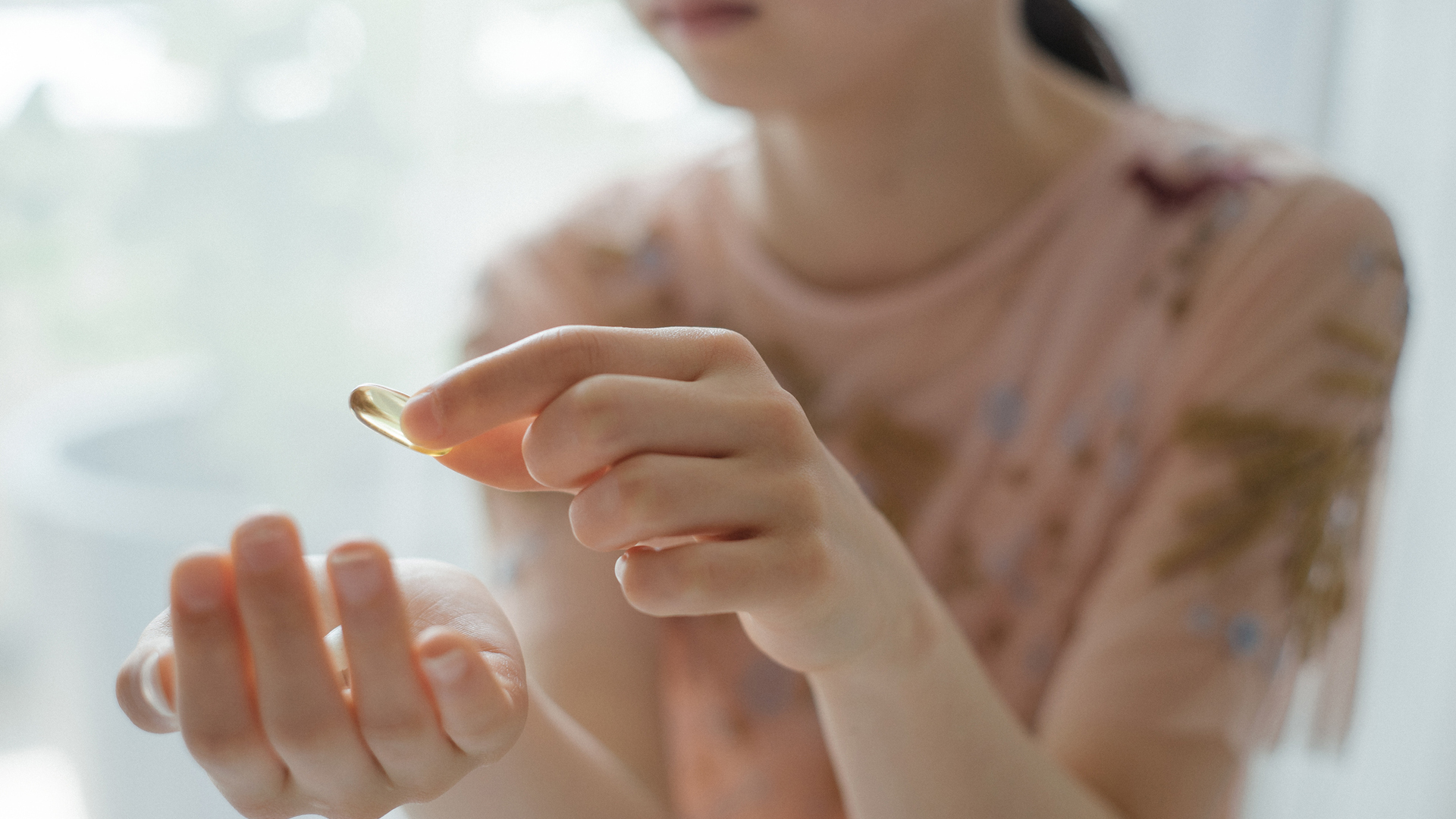
As it turns out, vitamins and minerals may indeed help to ease mild anxiety symptoms. However, it's important to remember that vitamins are never to be used as a treatment for severe anxiety disorders, especially without the consultation of a doctor.
If you find that you are struggling with your mental health, we always recommend speaking to someone you trust along with a dietician or a doctor who can help you create a personalized diet and lifestyle plan to support you with your health.
Meg is a freelance journalist and features writer based in the UK. She covers culture, entertainment, lifestyle and health. Her writing has appeared in Cosmopolitan, Shondaland, Healthline, HelloGiggles, Reader’s Digest, Apartment Therapy, and more. Meg has been interested in fitness for over a decade. She loves trying a wide range of exercise techniques including yoga, hiking, pilates and HIIT.
-
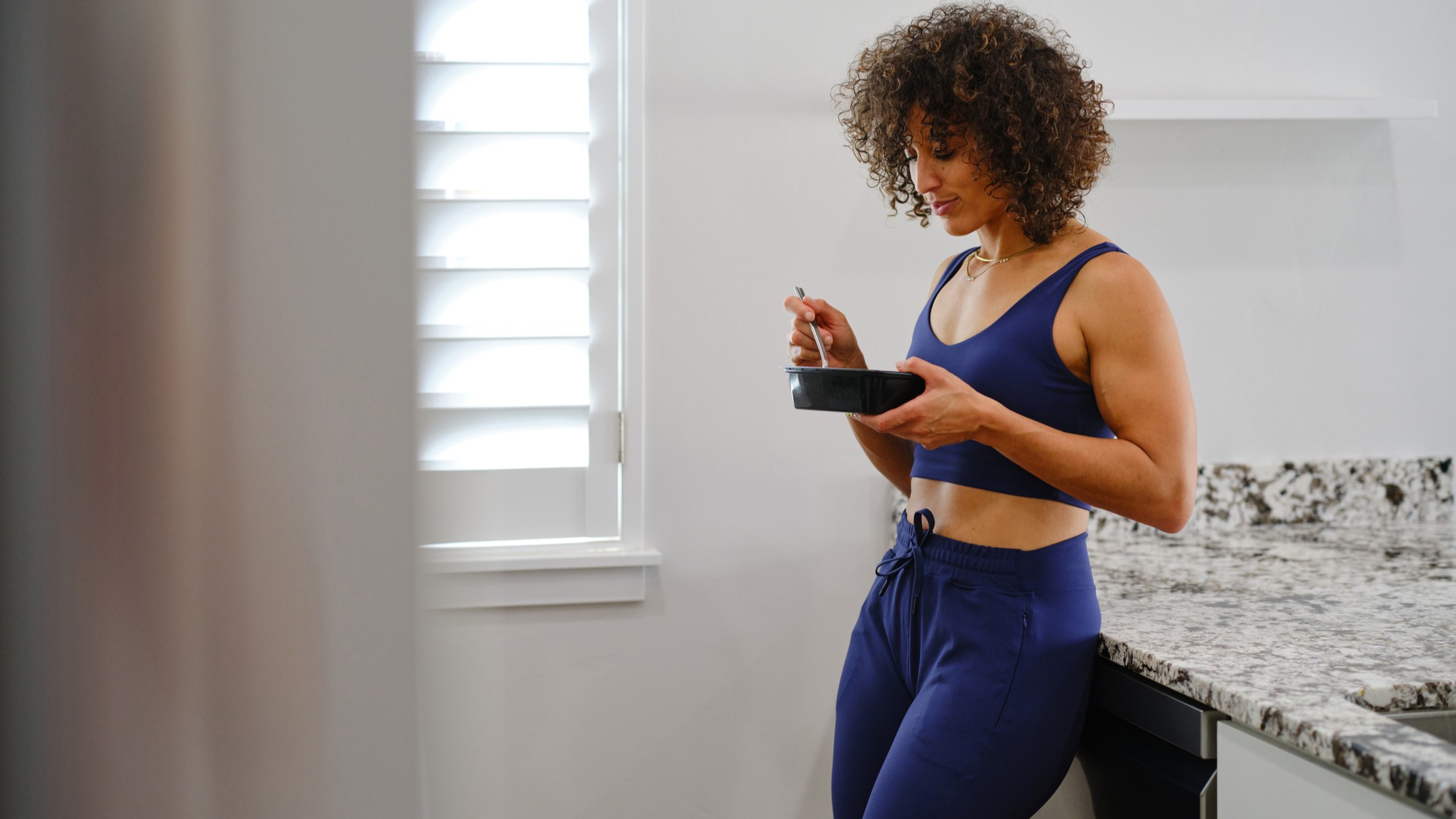 Put down the protein shake—this high-protein chicken and rice recipe is a better way to refuel after a workout
Put down the protein shake—this high-protein chicken and rice recipe is a better way to refuel after a workoutAnd it only takes 10 minutes to make
By Lou Mudge
-
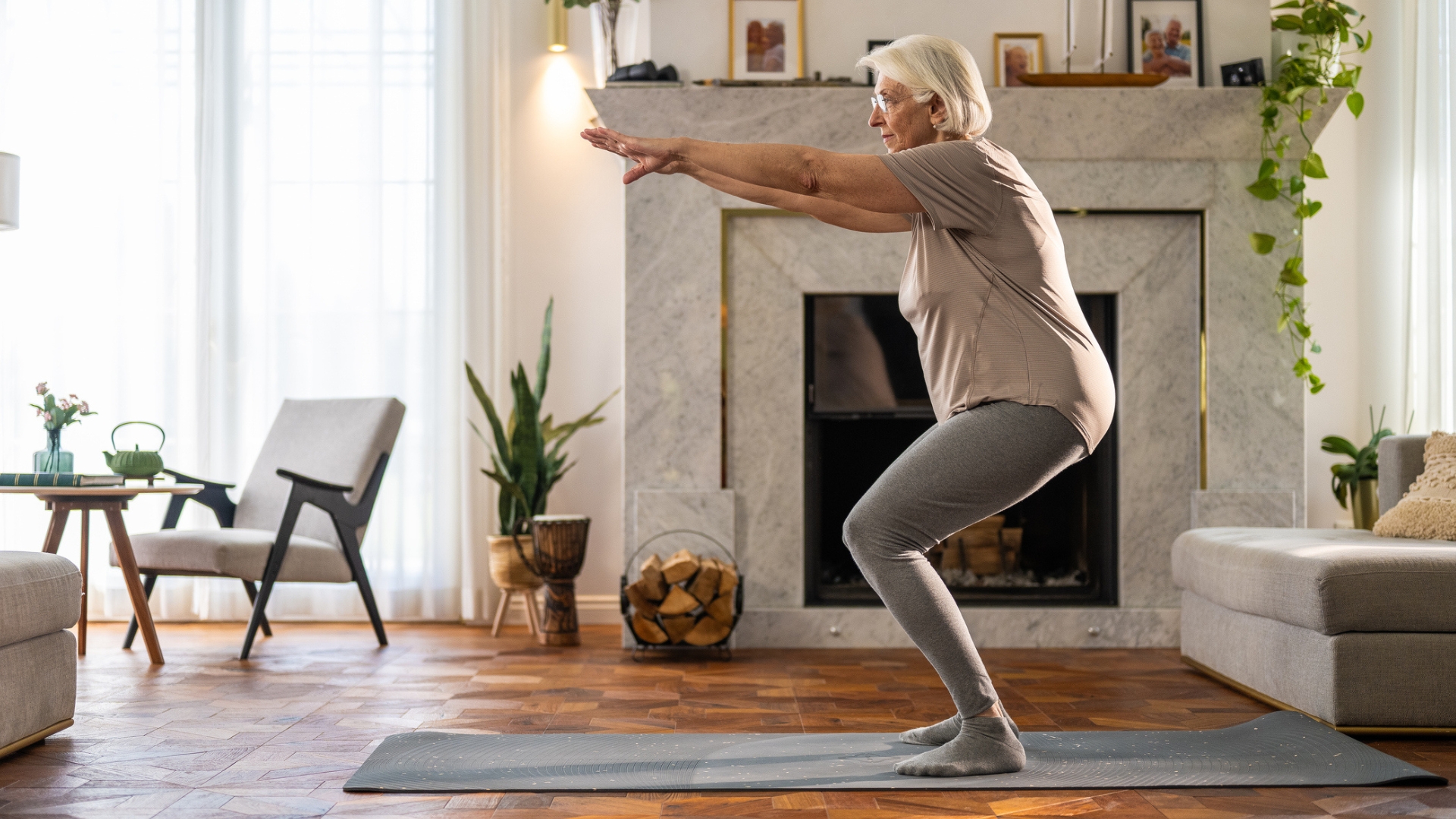 The three Pilates exercises every beginner should start with, according to an expert instructor
The three Pilates exercises every beginner should start with, according to an expert instructorA sequence that will take you no more than 10 minutes
By Alice Porter
-
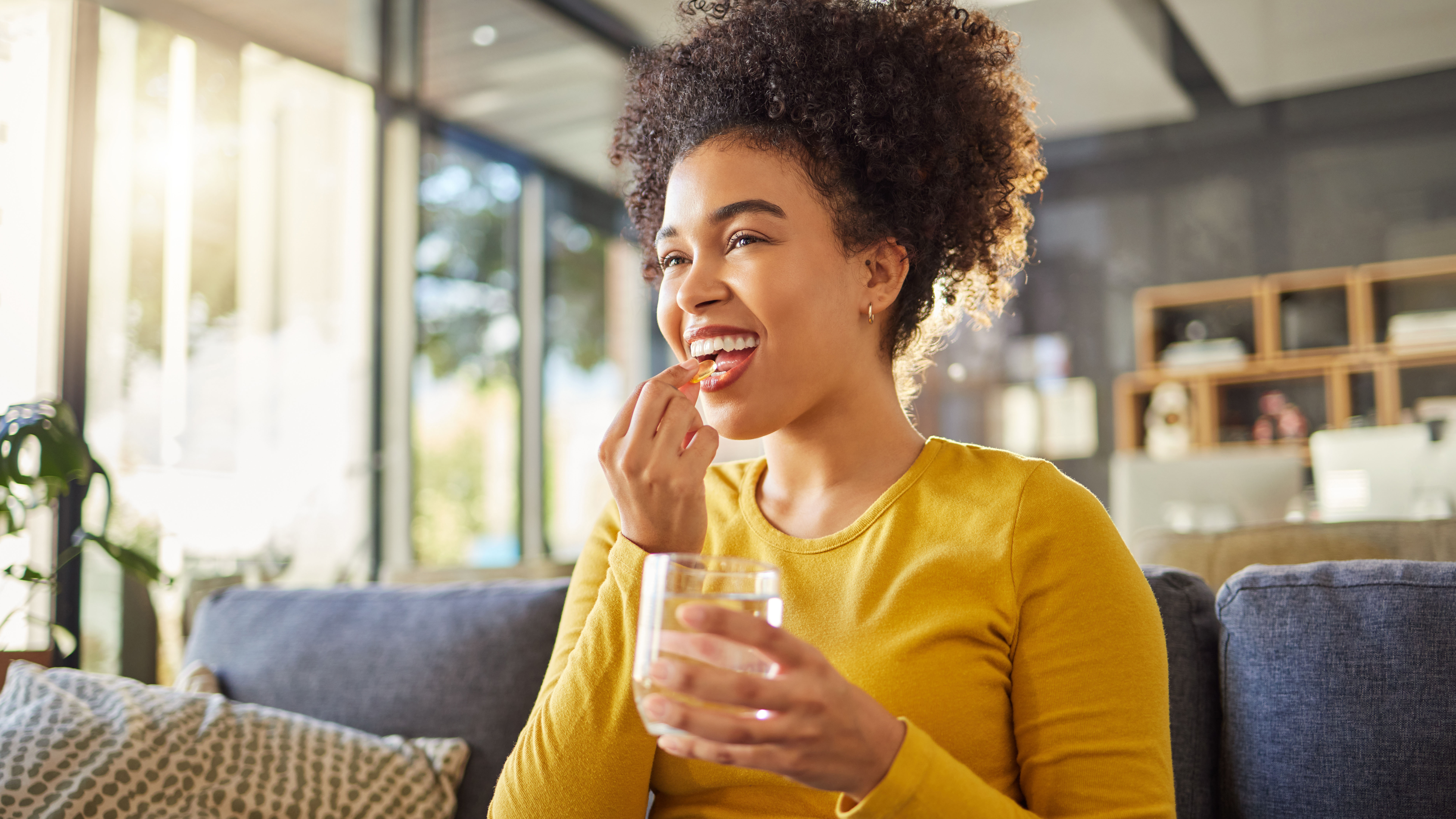 Best vitamin D supplements
Best vitamin D supplementsBUYING GUIDE Take one of the best vitamin D supplements to give your mood a helping hand this winter
By Alice Ball
-
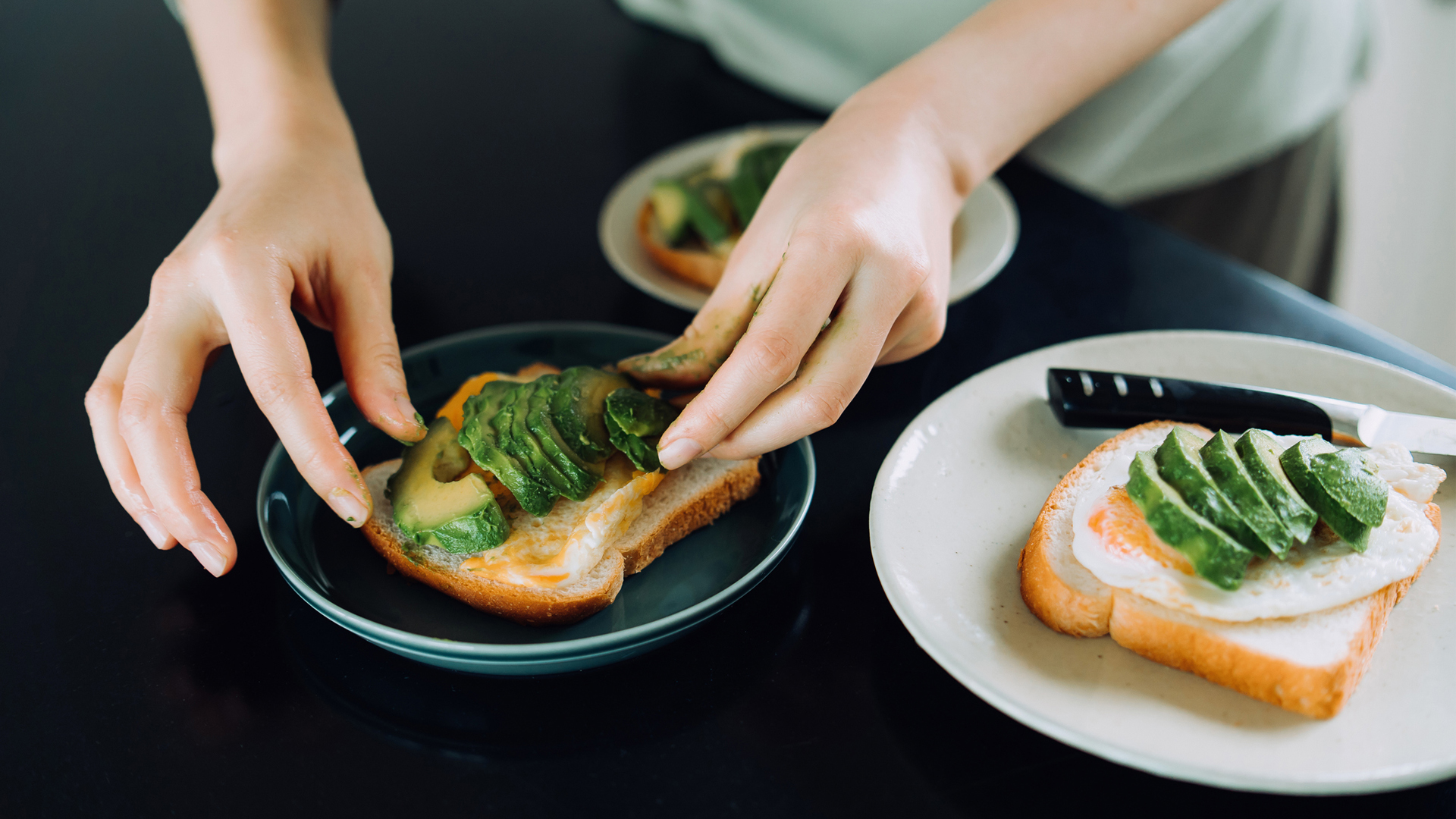 Six high fiber foods you should be eating
Six high fiber foods you should be eatingEnjoy these high fiber foods for better digestion and a healthier heart
By Anna Gora
-
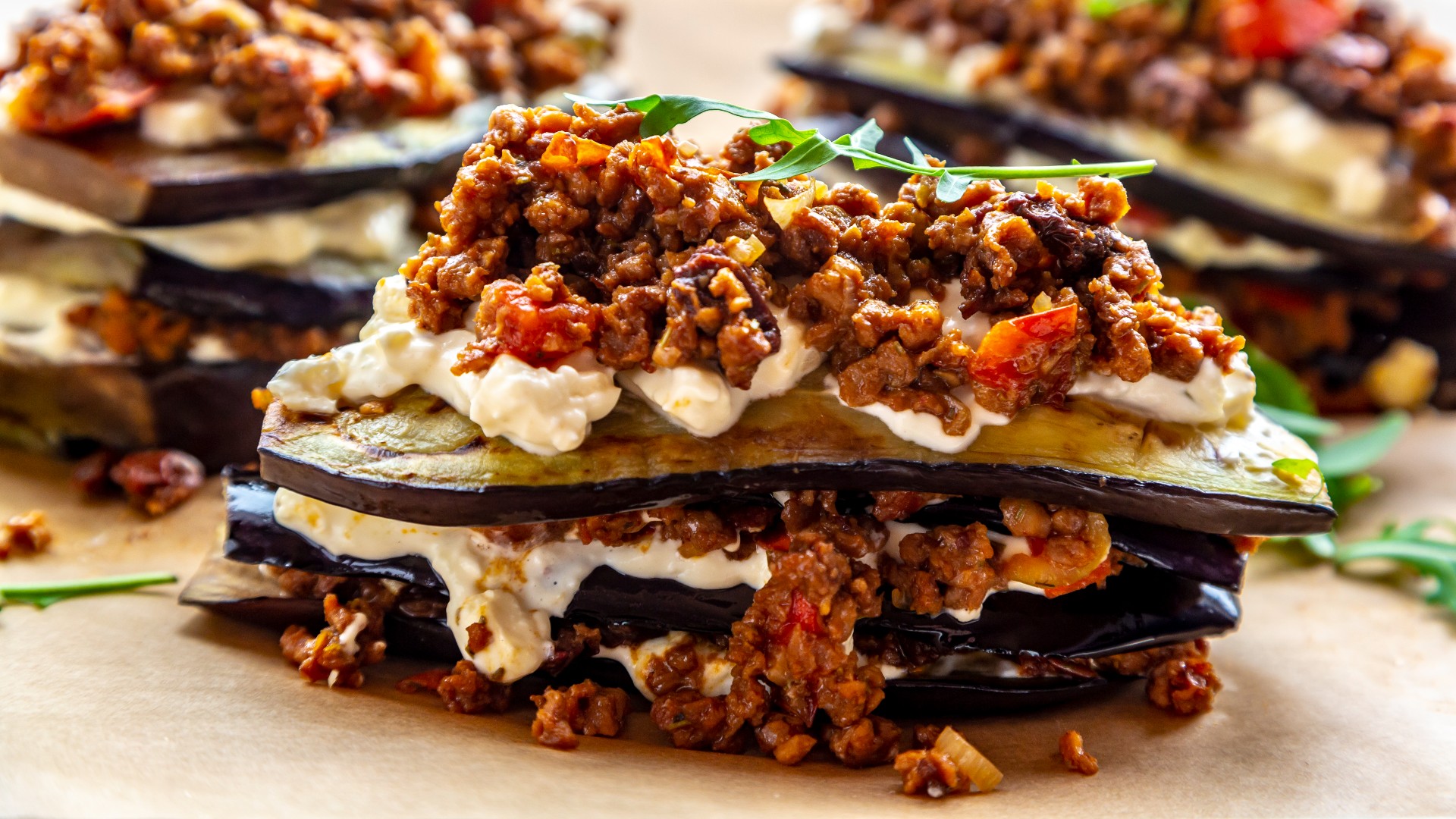 Easy low carb diet plan to help you eat well
Easy low carb diet plan to help you eat wellNutrition Looking for a low carb diet plan? We asked a dietician to share everything you need to know
By Alice Porter
-
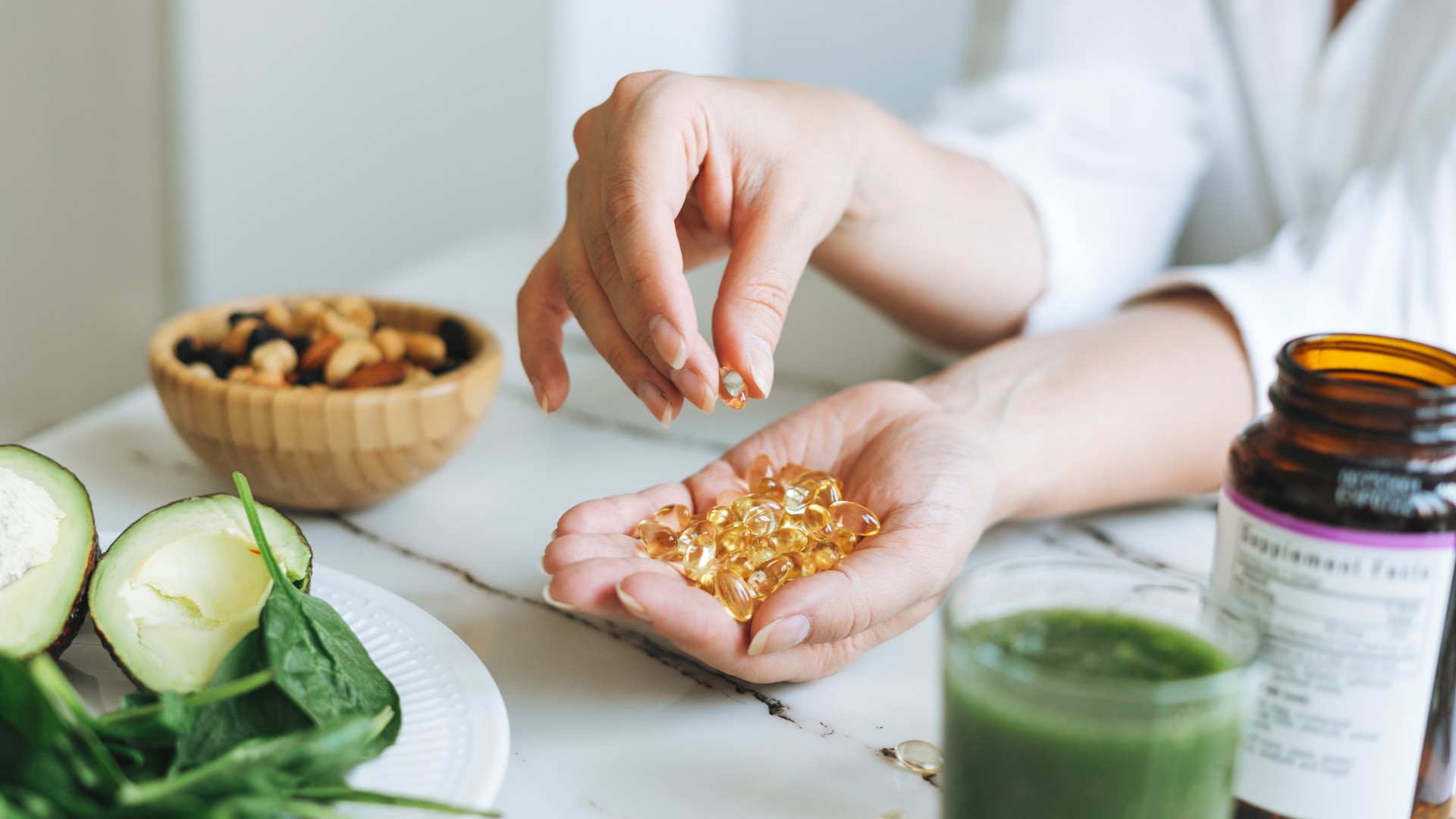 Do multivitamins work? Here’s what a nutritionist has to say
Do multivitamins work? Here’s what a nutritionist has to sayDo multivitamins work or is it better to take individual supplements? We find out which option is better and whether you need to supplement your diet at all
By Alice Porter
-
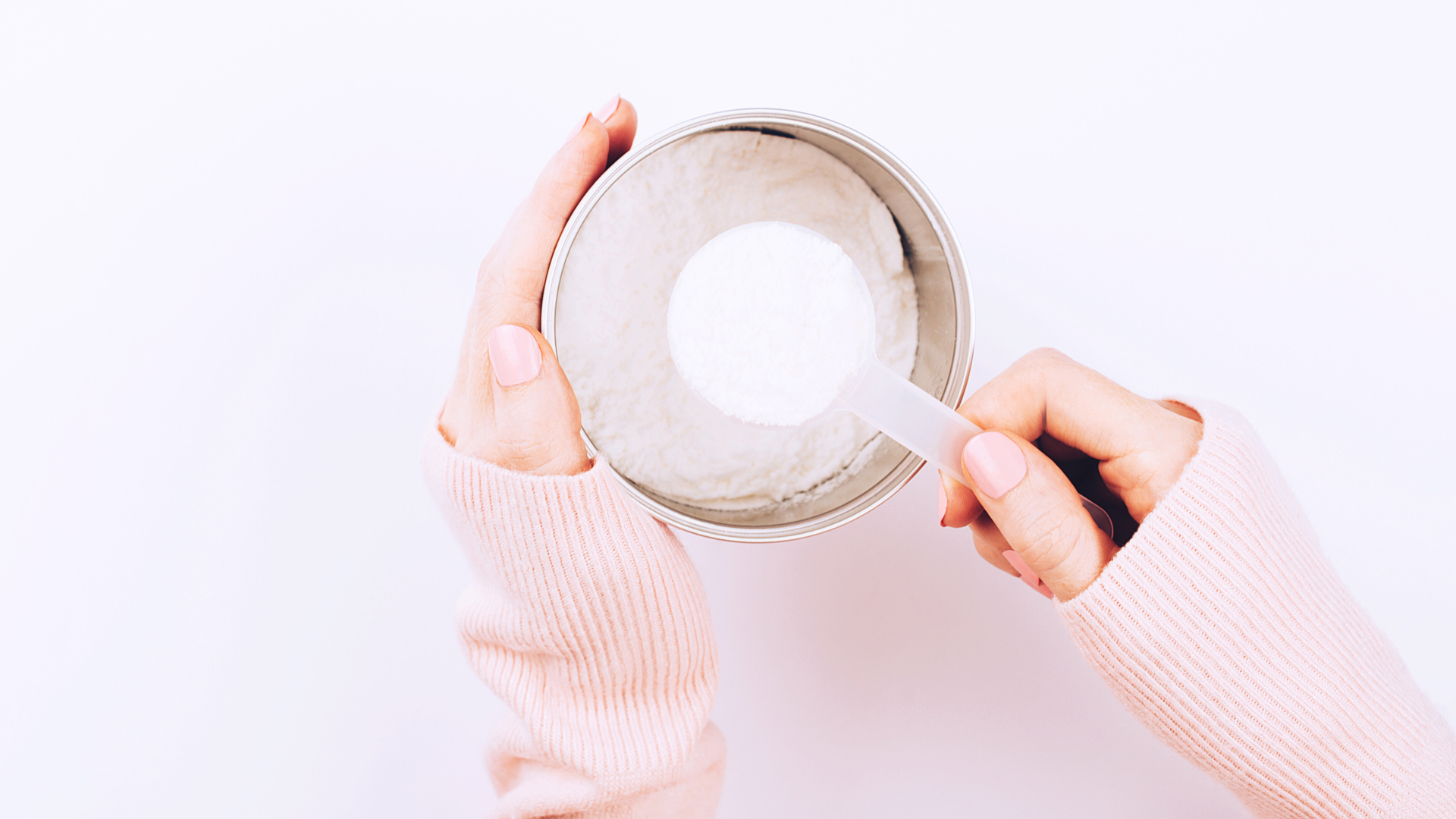 Collagen vs whey protein: what’s the difference?
Collagen vs whey protein: what’s the difference?Protein supplements are incredibly popular, but which type is best for your health? A dietician weighs up the pros and cons of collagen vs whey protein
By Alice Porter
-
 Foods for energy: what to eat to combat tiredness and fatigue
Foods for energy: what to eat to combat tiredness and fatigueFeeling tired? You may think that the only way to revive yourself is by going back to bed, but these foods for energy could help you feel full of life
By Alice Porter
-
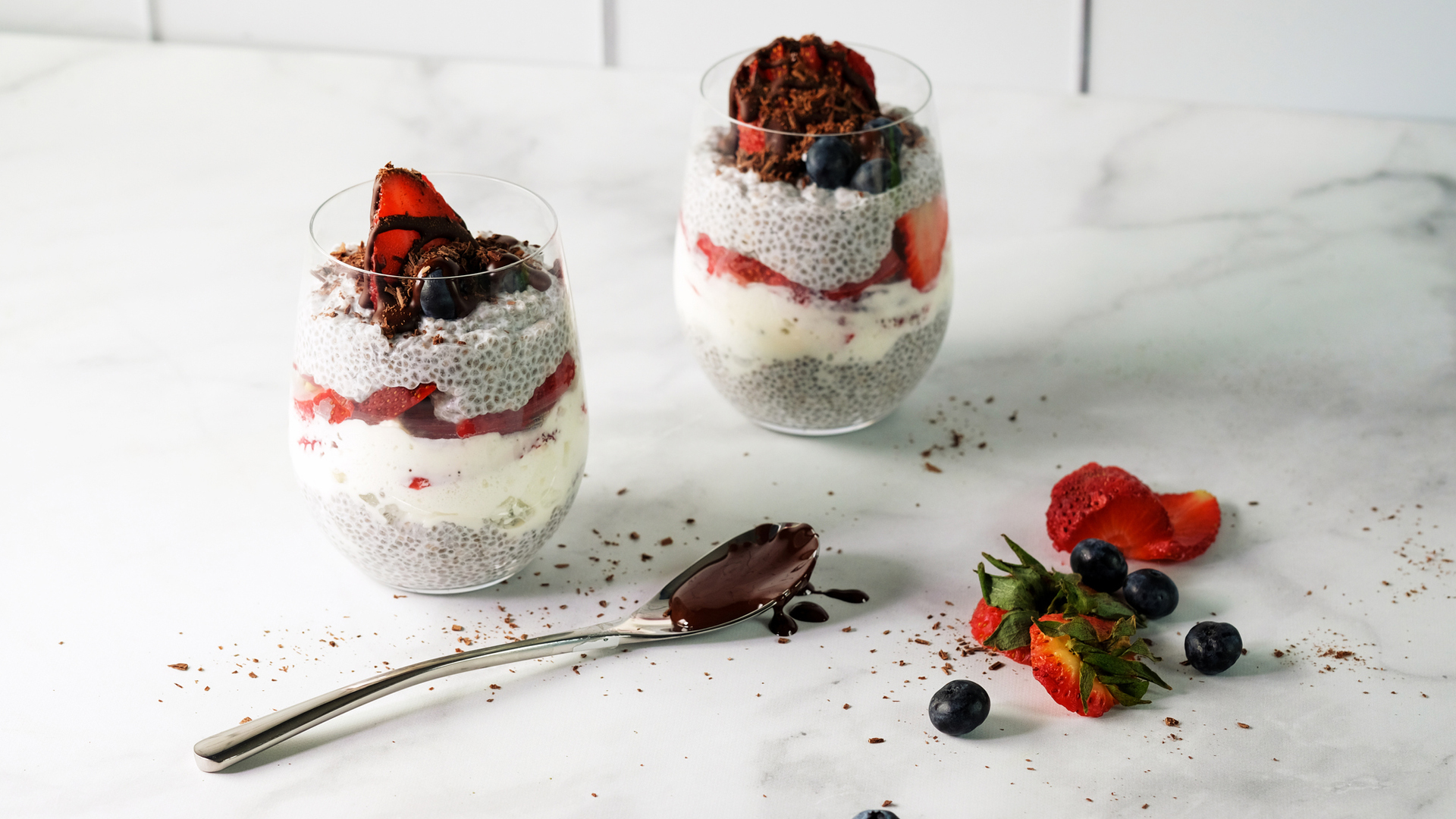 11 high protein desserts to satisfy your sweet tooth
11 high protein desserts to satisfy your sweet toothThese tasty high protein desserts will help to fill you up and build lean muscle
By Maddy Biddulph
-
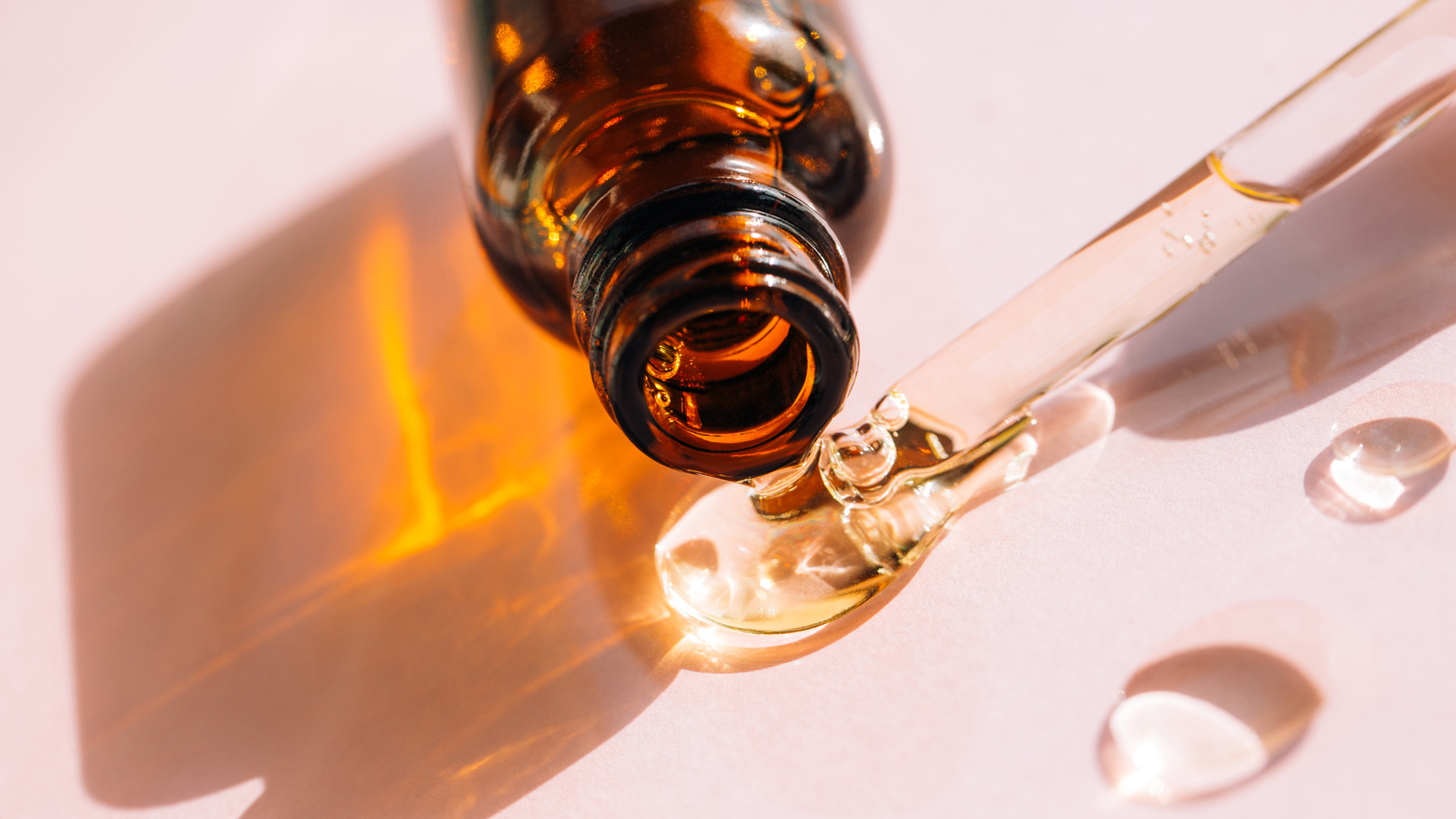 What is vegan collagen?
What is vegan collagen?Collagen is thought to support hair, skin and joint health — but what is vegan collagen and how can you reap the benefits of it on a plant-based diet?
By Alice Porter